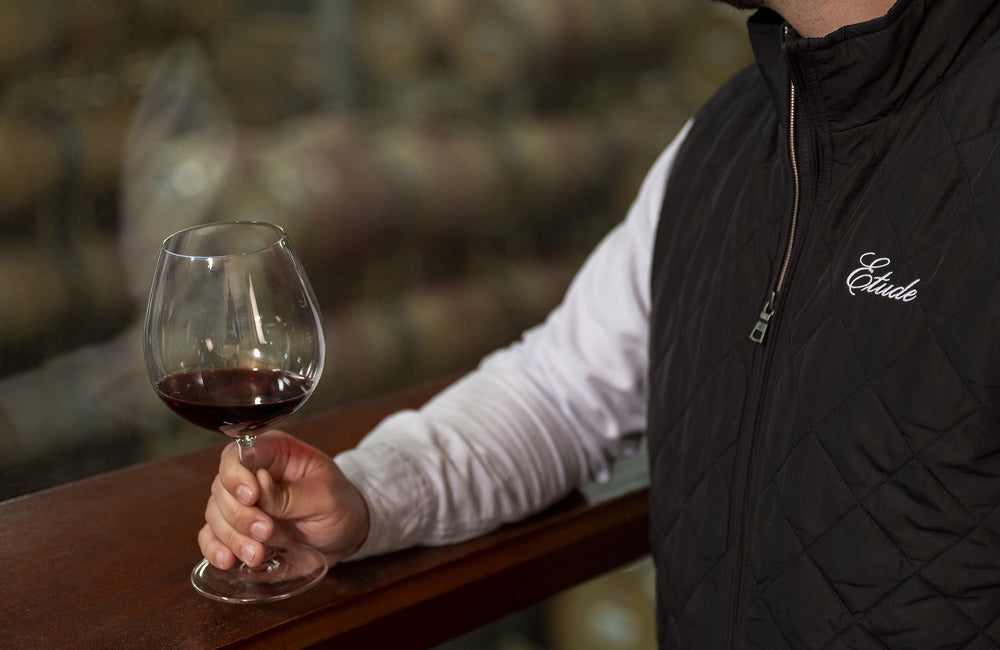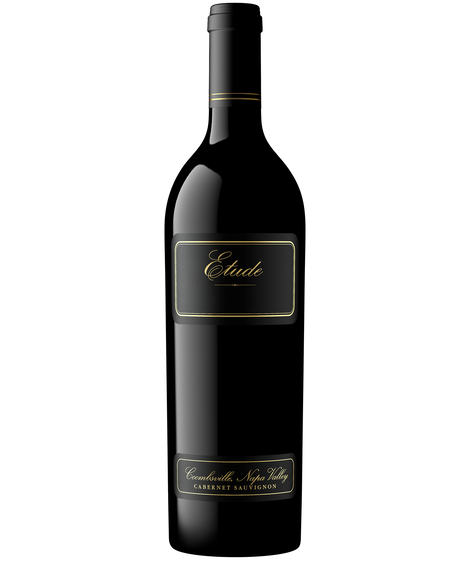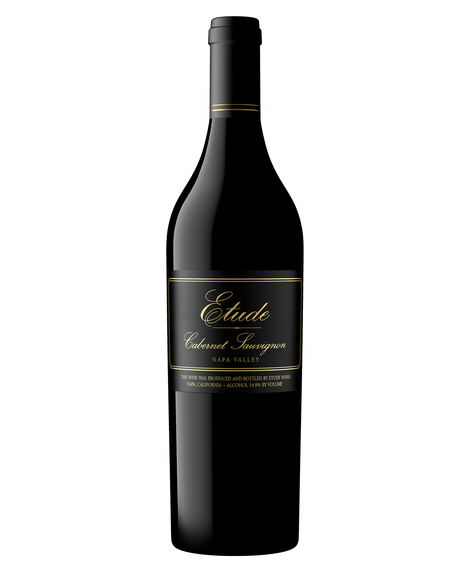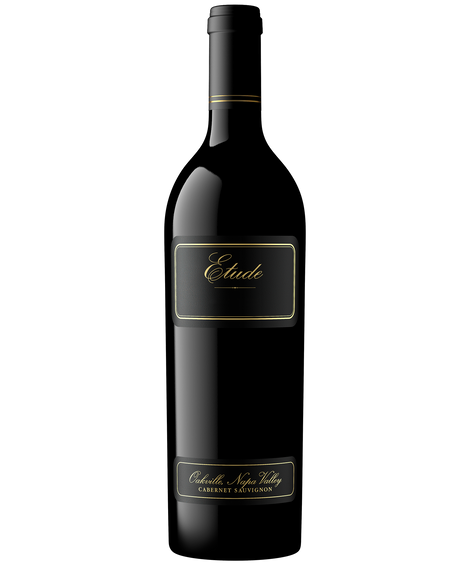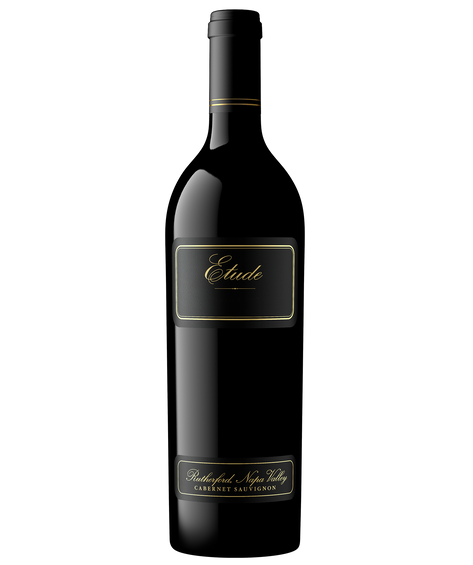Why Cellar Your Wine?
Simply put, wine gets better with age. Over time, new flavors and aromas emerge that you wouldn’t get to experience otherwise.
What's the Right Temperature?
It is accepted across the wine community that wine is best stored in cool temperatures at around 58-62 degrees Fahrenheit. What is very detrimental to the wine is a fluctuating temperature so if you don’t have a cooling system, just focus on maintaining a constant temperature of no higher than 64 degrees Fahrenheit.


What Happens as Wine Ages?
Wine is a complex chemical cocktail of alcohol, phenols, esters, sugars and other volatile compounds. As time passes, all these elements bind, dissolve and change shape to ultimately influence the aromas and flavors in the wine.
There is no exact science to how the flavors in wine develop as it ages, but in general, the primary fruit flavors will fade and leave room for more complex tastes like mushroom, stone and earth that are revealed once the bold fruit flavors start to fade.
How Do I Know When It's Ready?
There is no one right answer to this question. Consider the varietal, where it was grown and how it was made to determine how long it can age. This is a great opportunity to talk to winemakers or do research on your own and learn more about cellaring techniques.
What Should I Know About Serving Cellared Bottles?
Cork breakdown is normal in older bottles of wine. Be very gentle when opening and don’t panic if the cork breaks. An ah-so is a great tool for opening older bottles. Bring your wine out of the cellar and stand it upright six to eight hours before you’d like to serve it to allow the sediment to settle. Many people like to decant aged wine to allow its flavors and aromas to open up. The number one rule is to relax, enjoy and marvel at the power of time.



